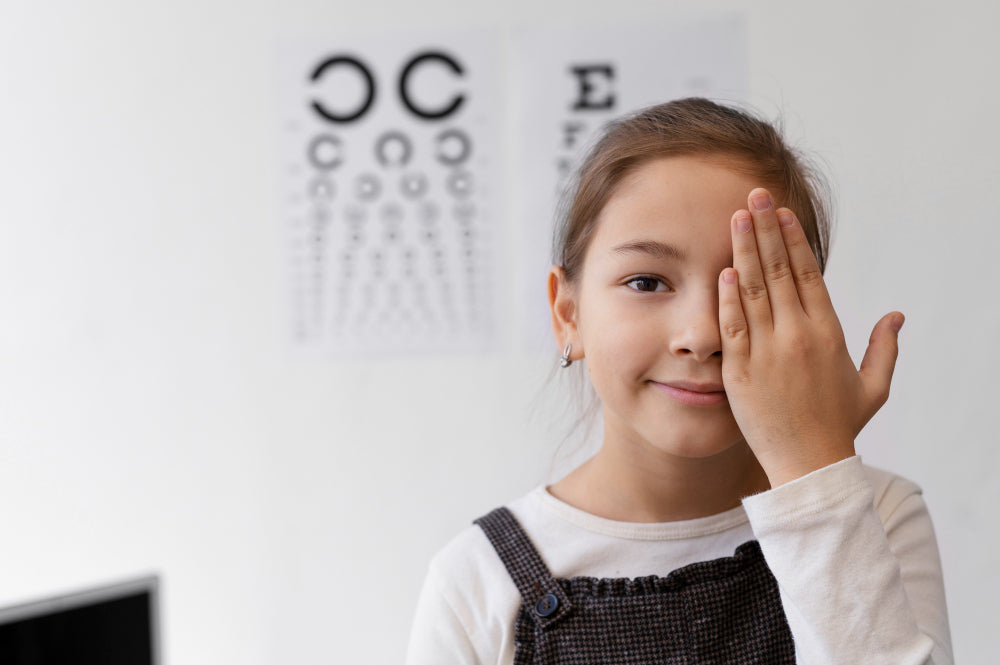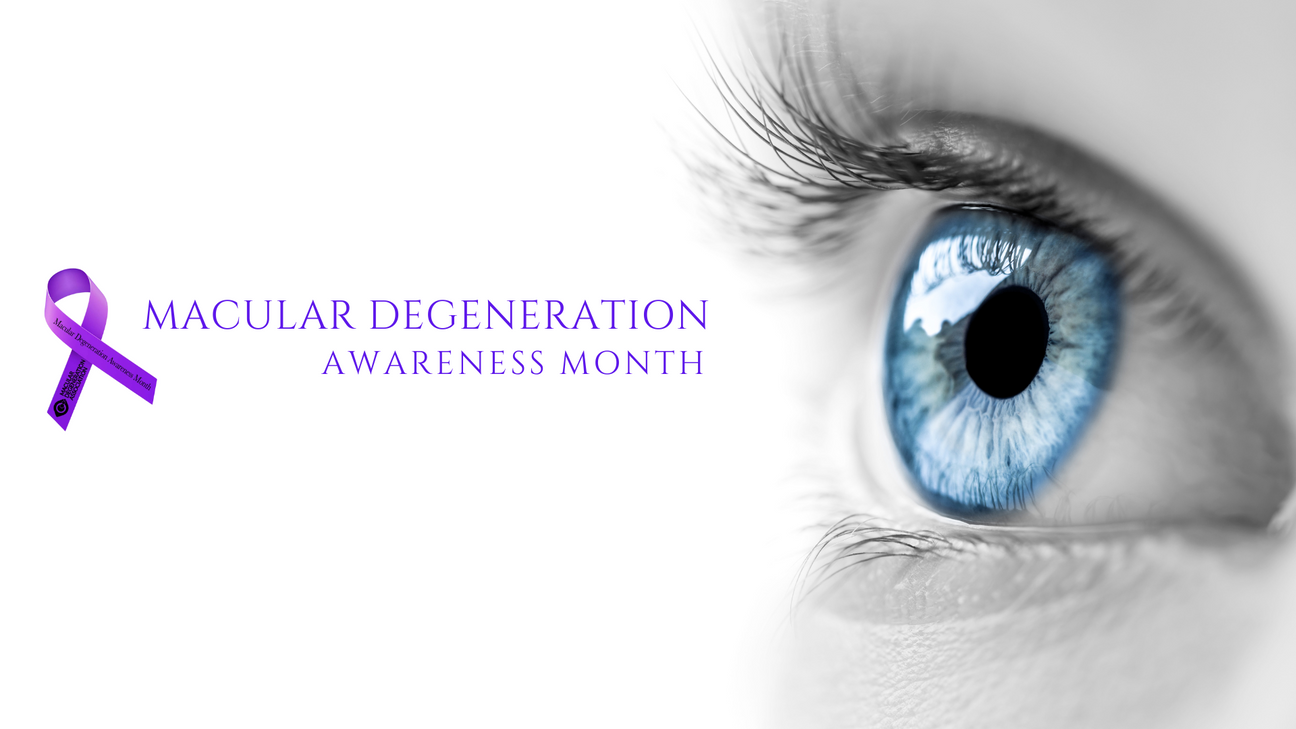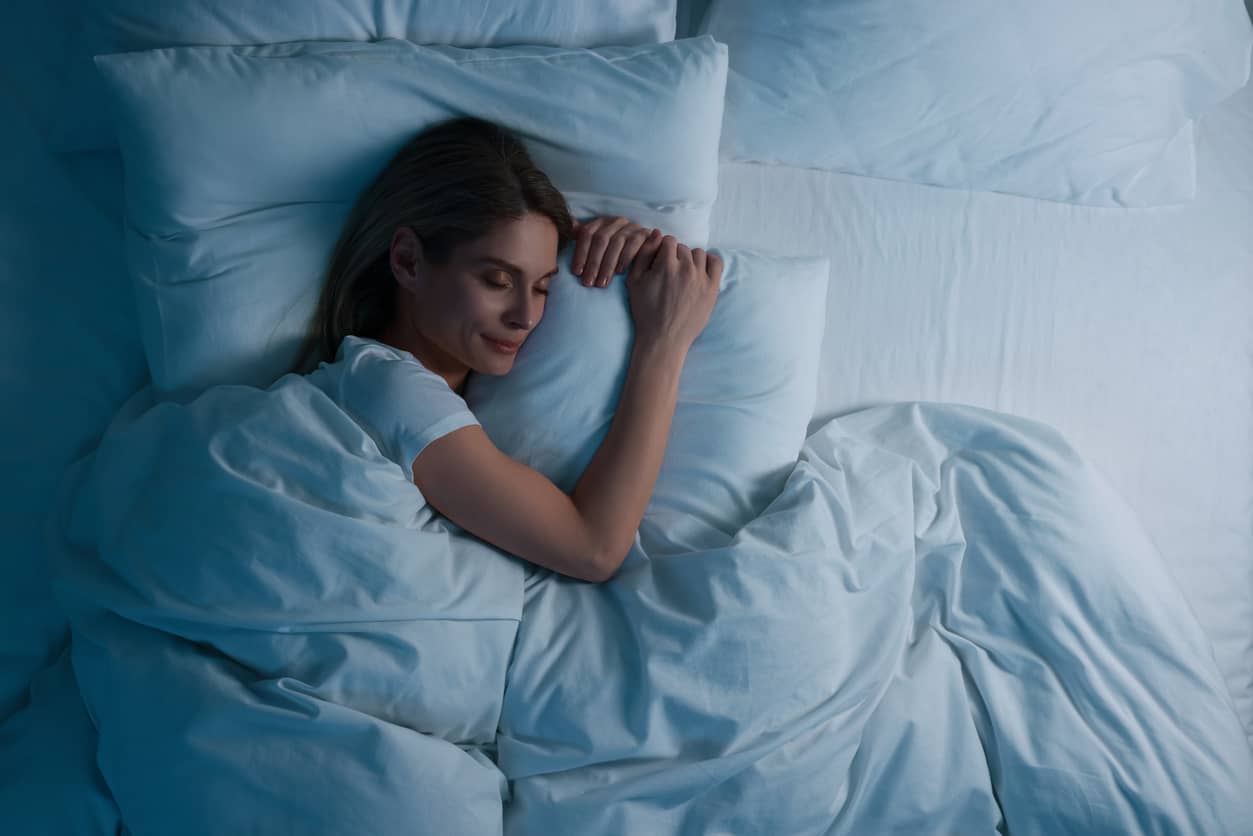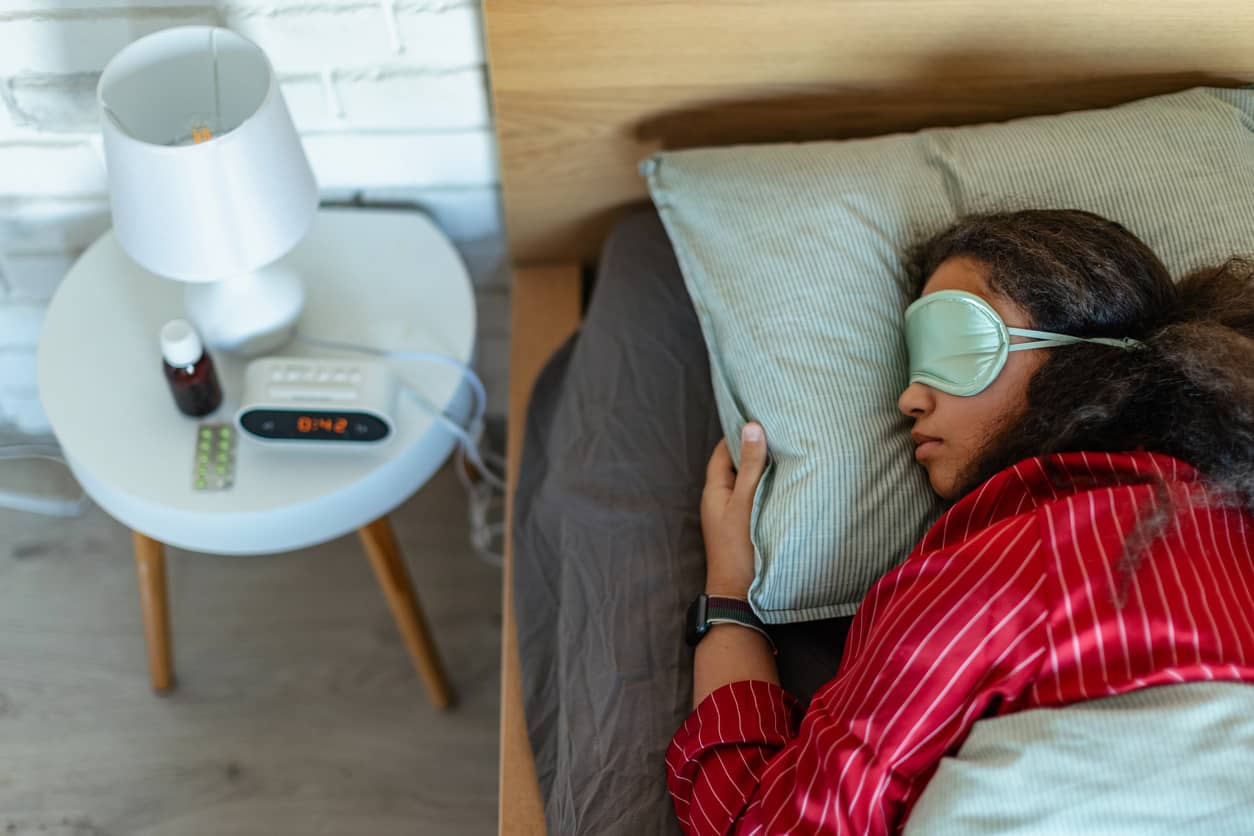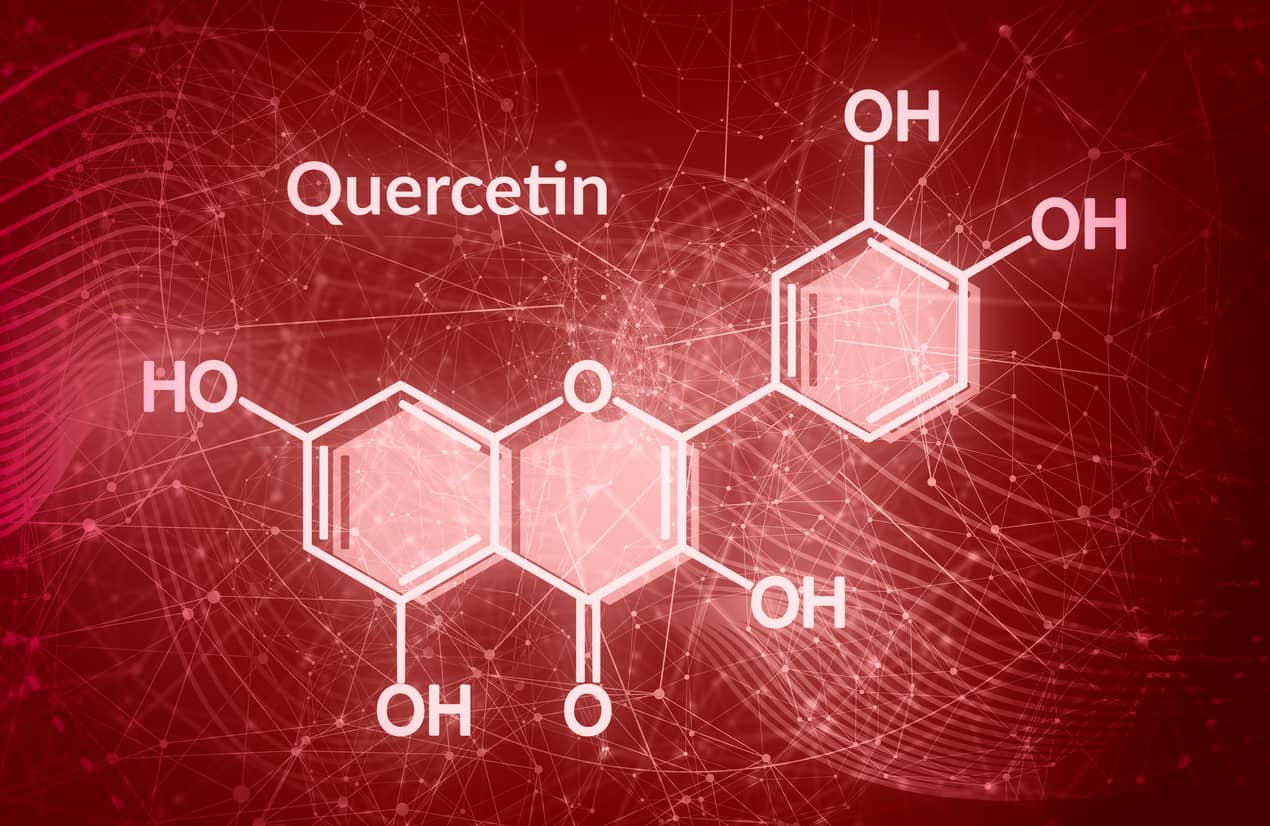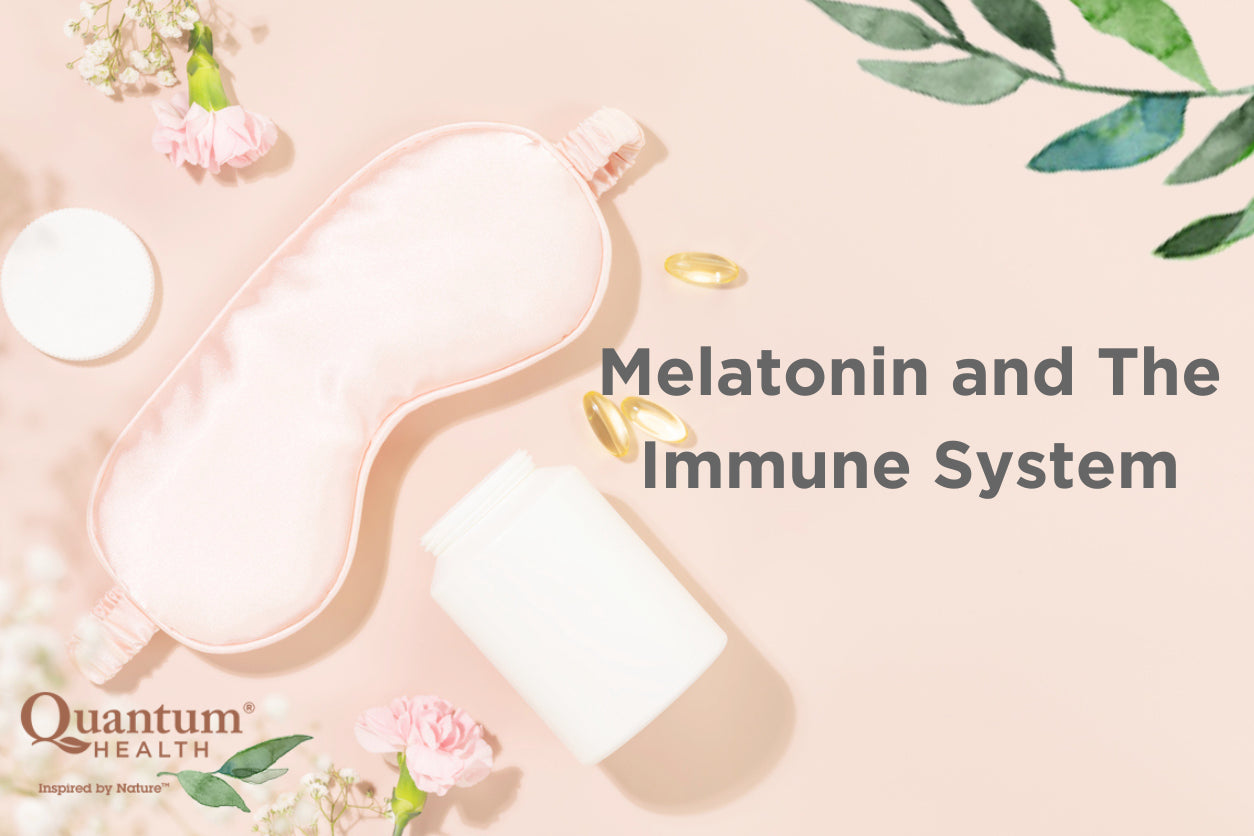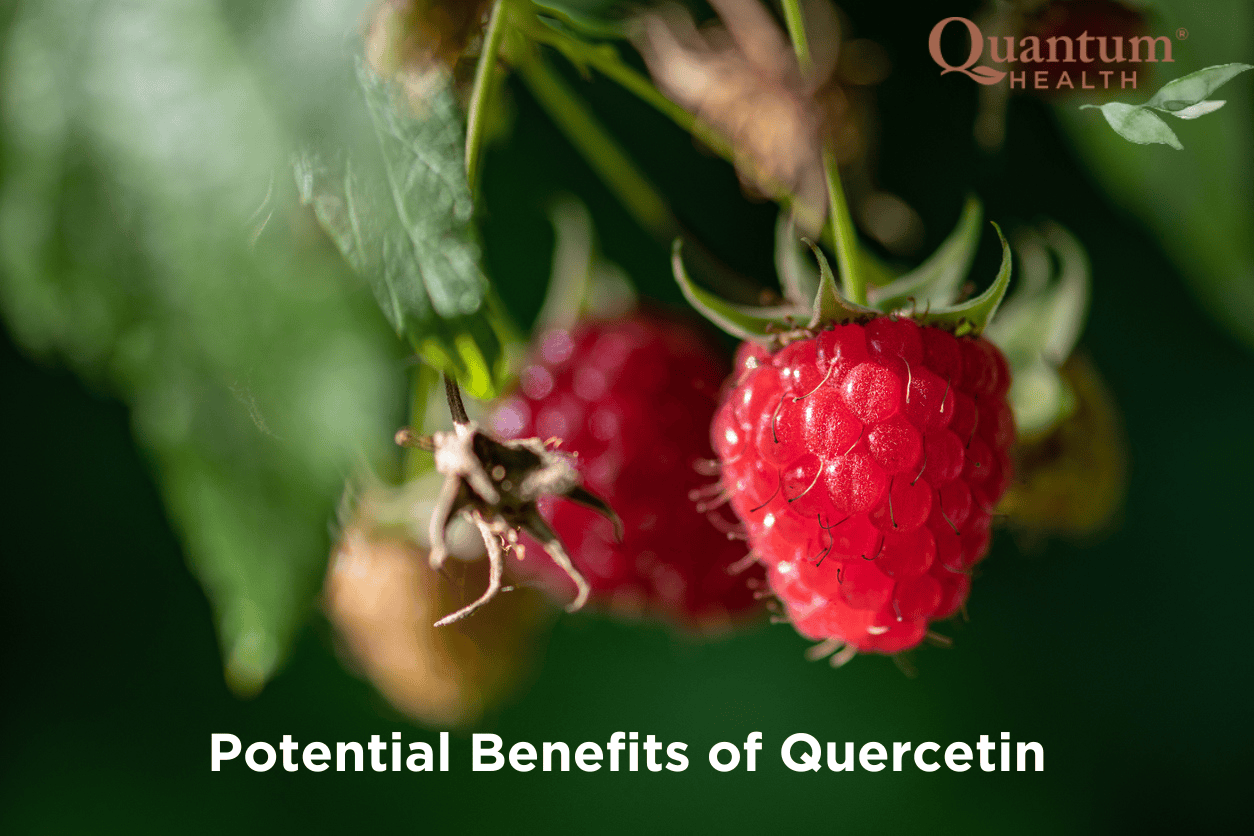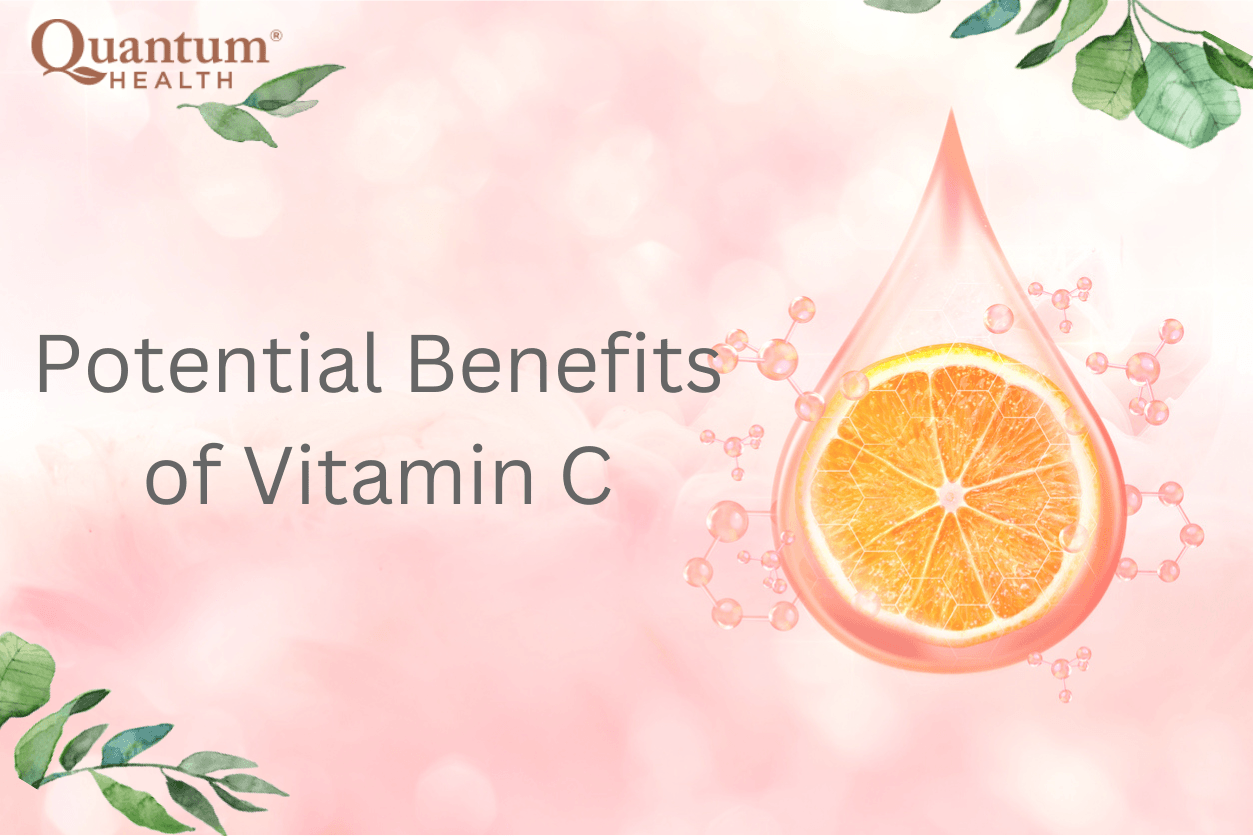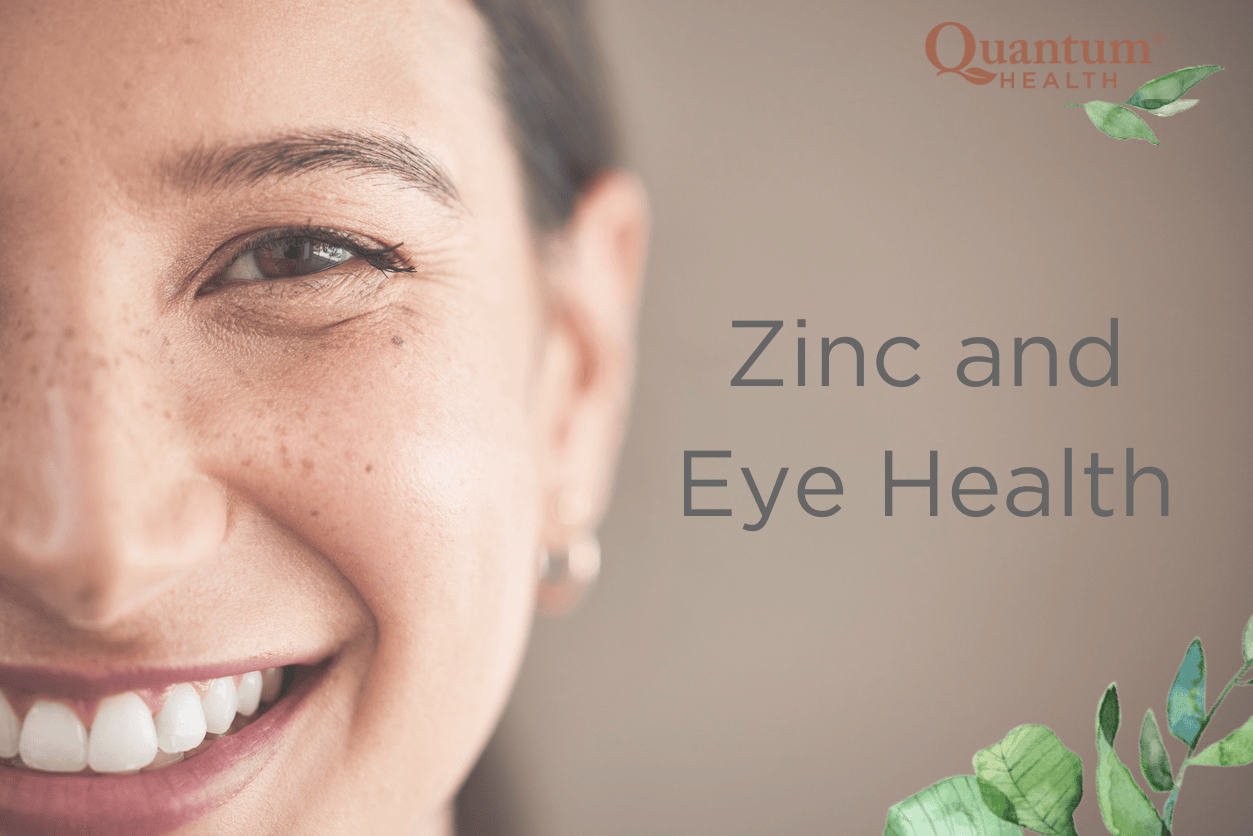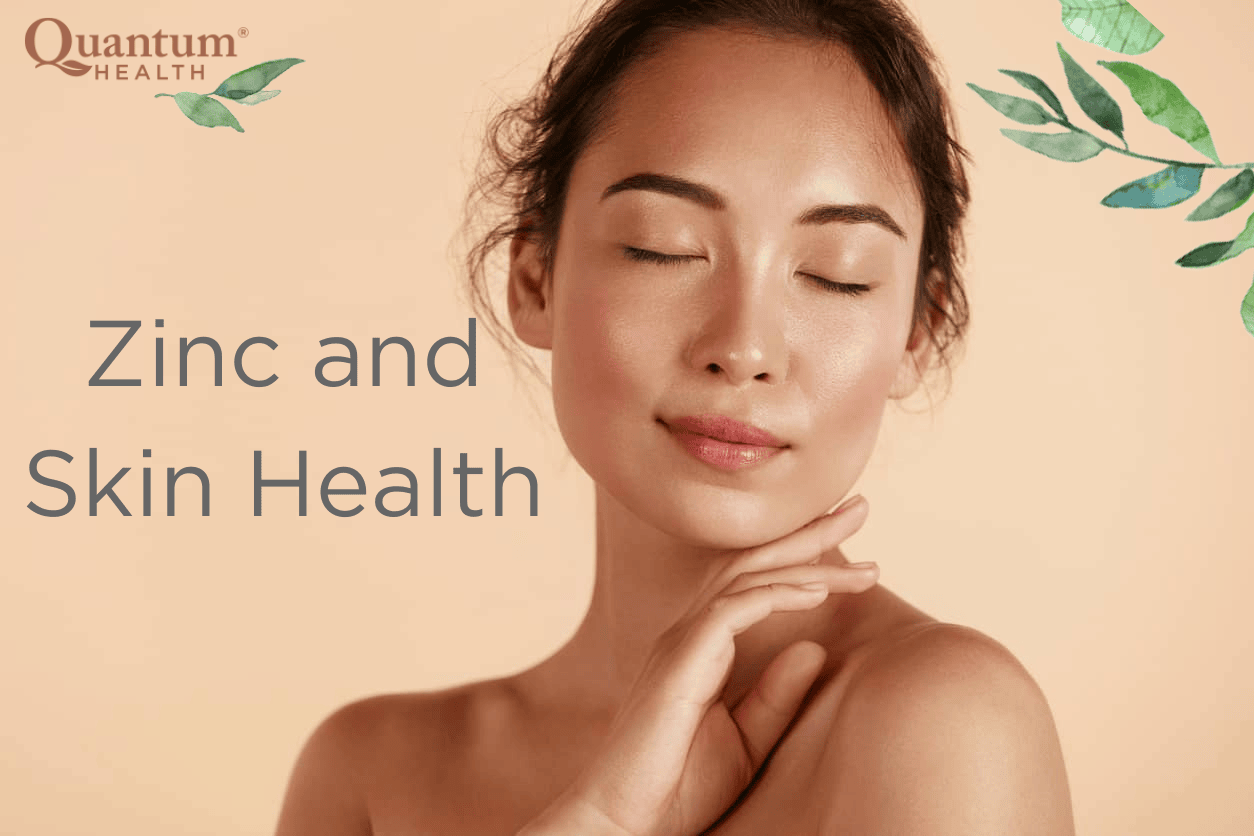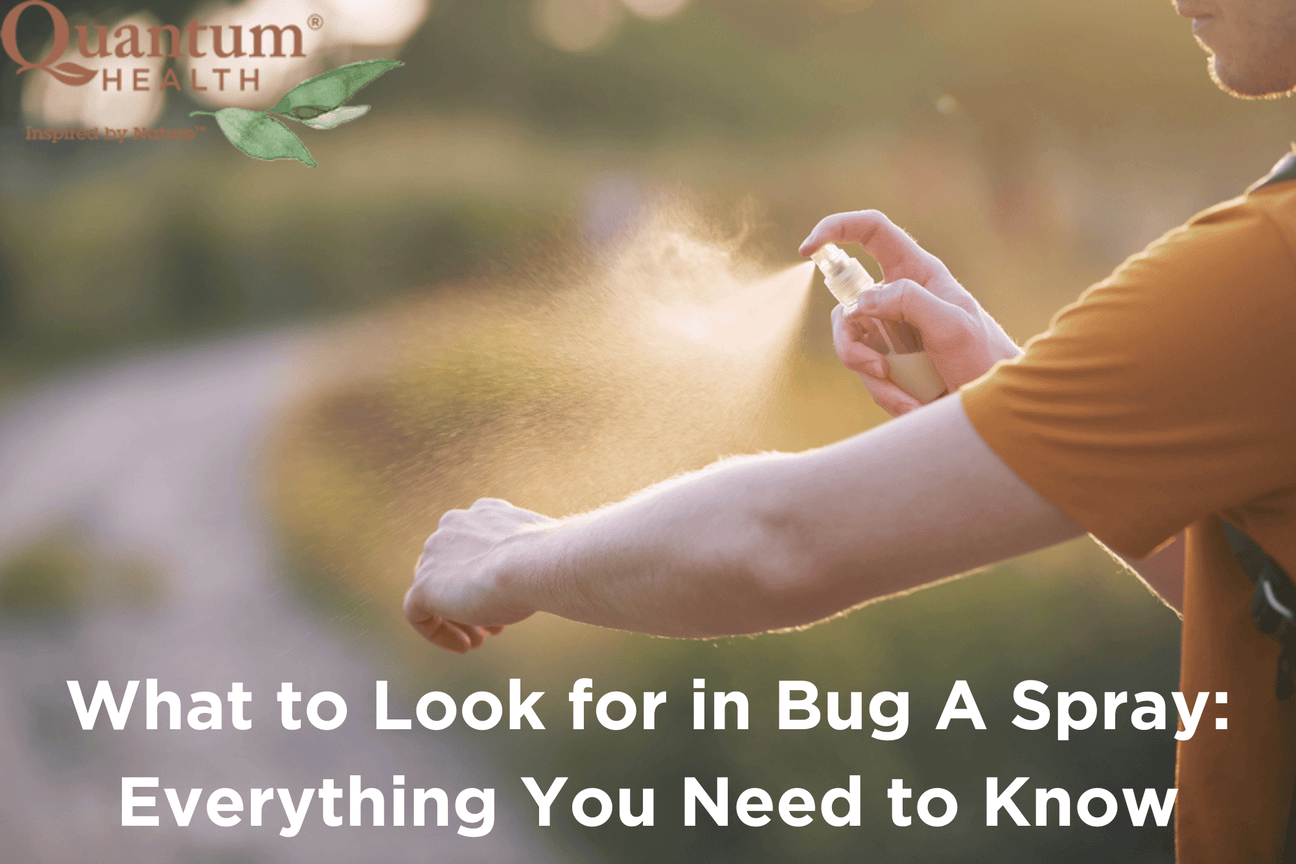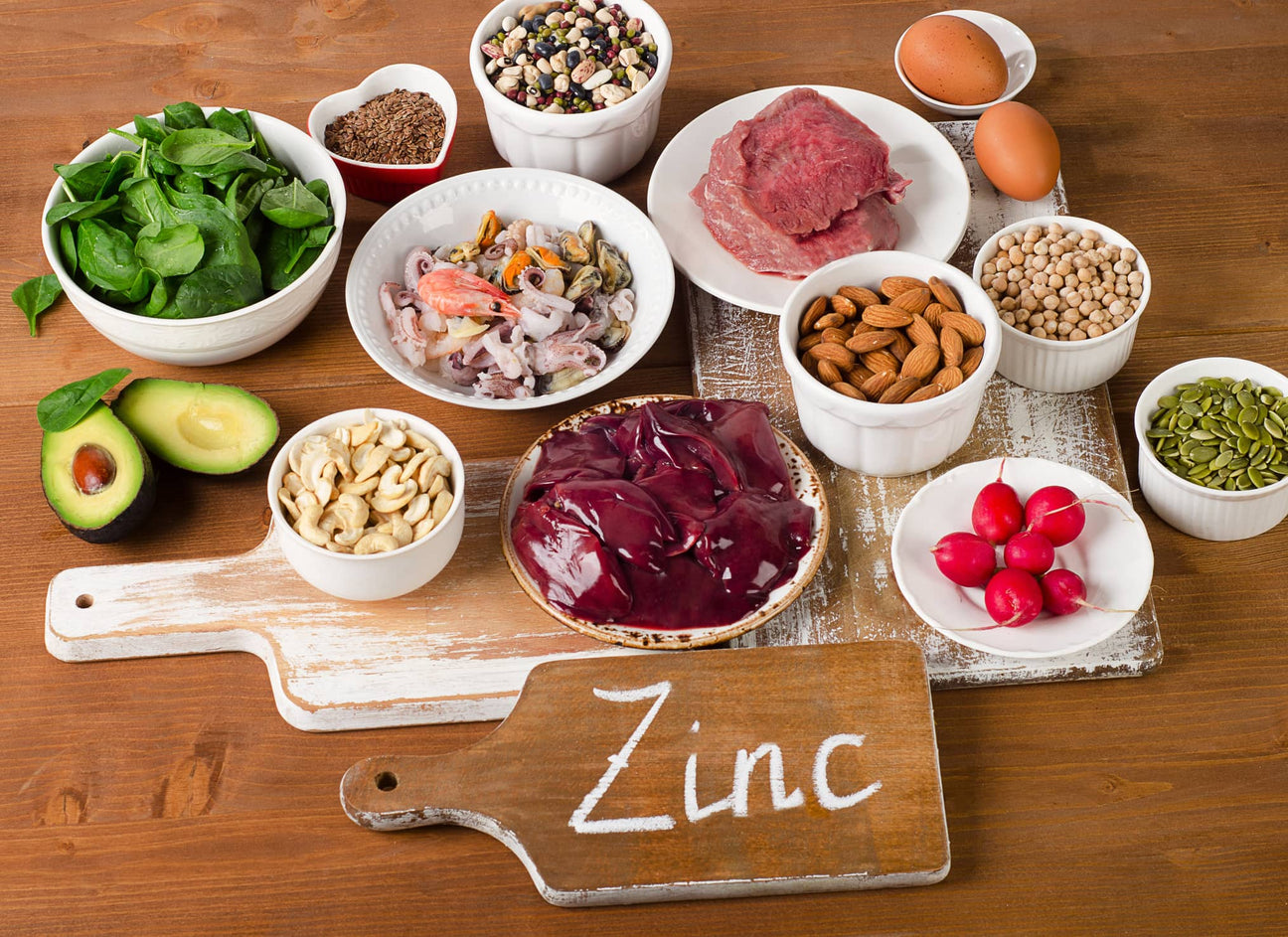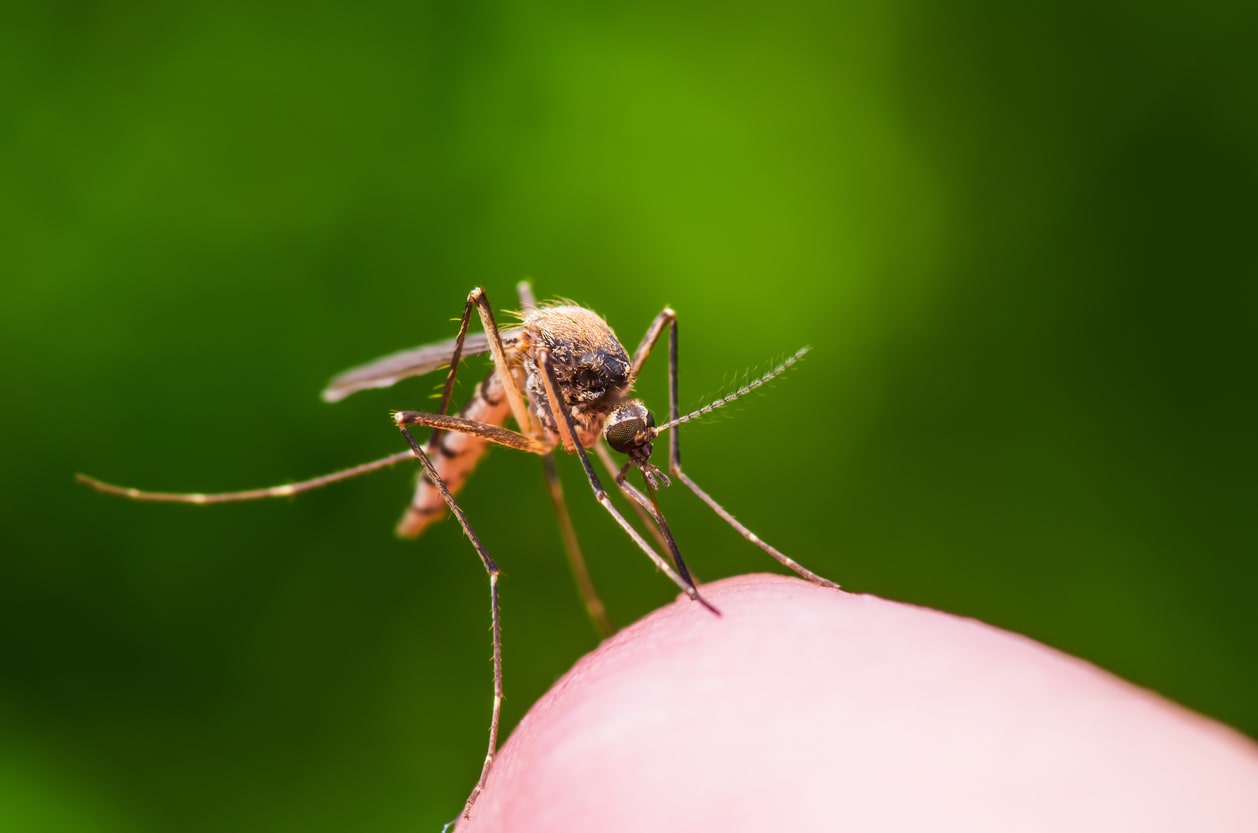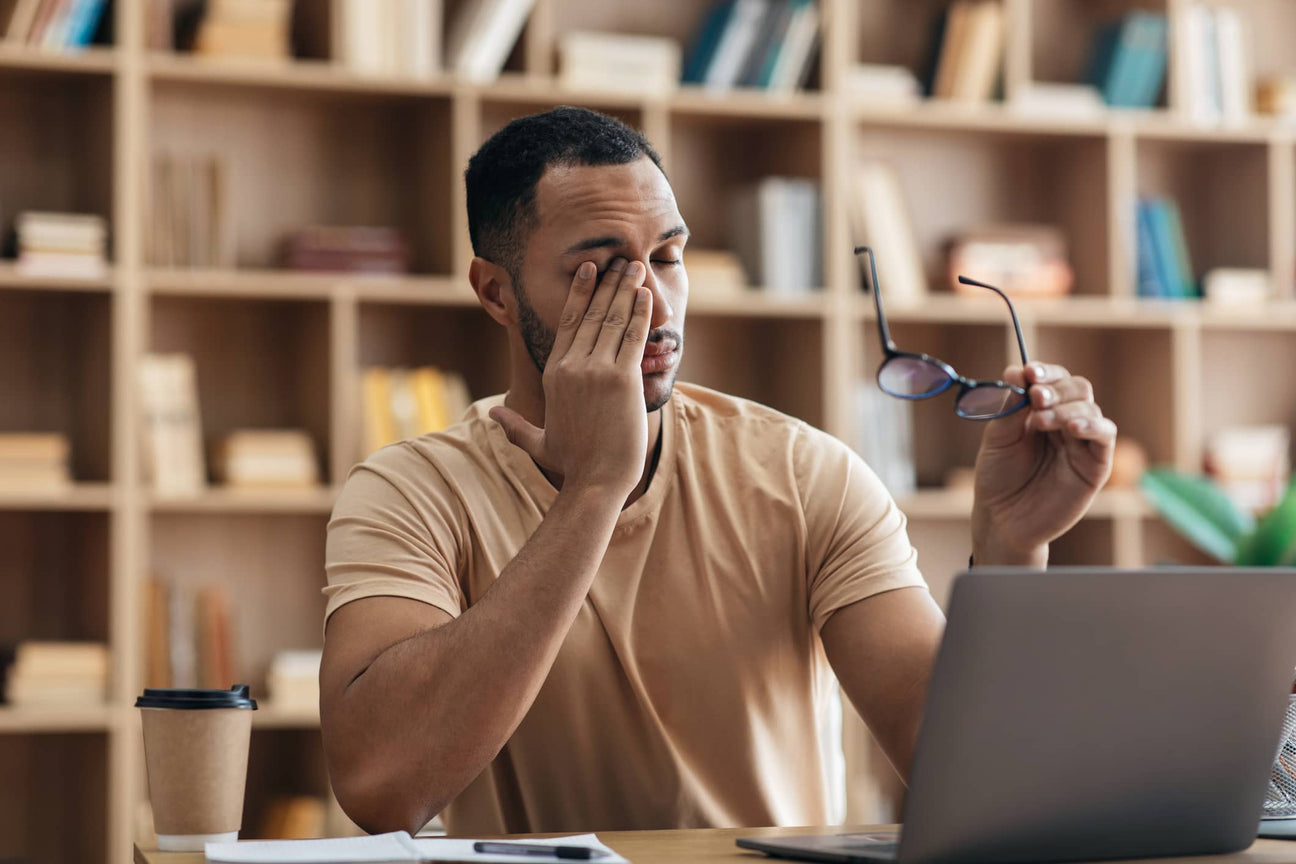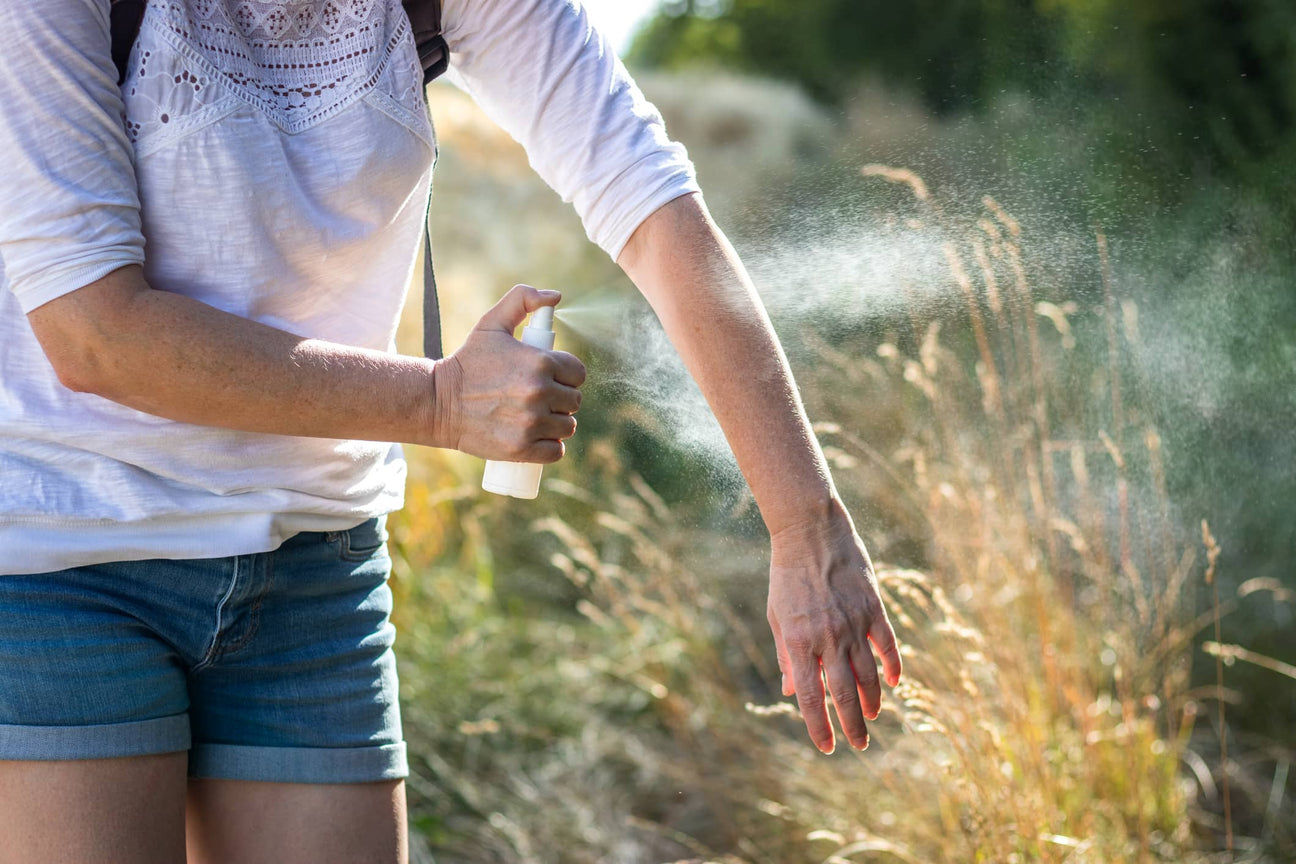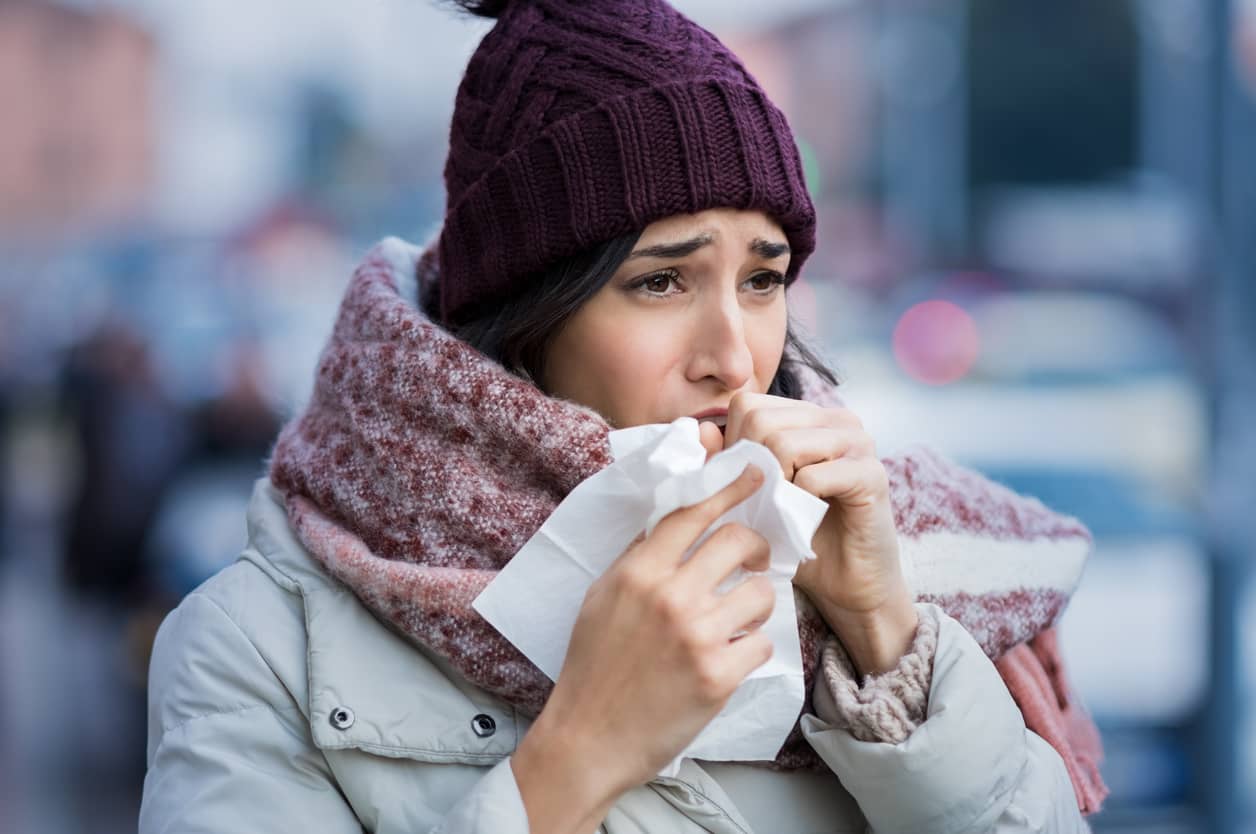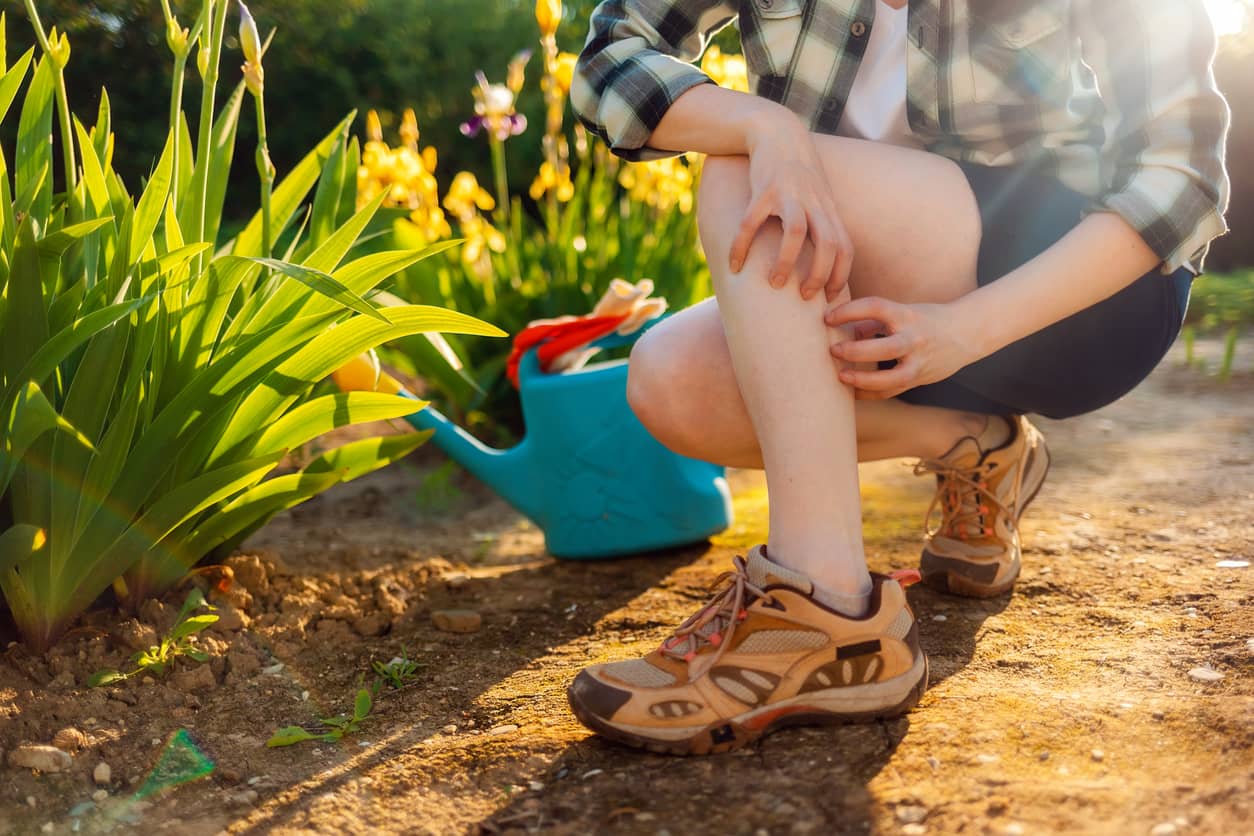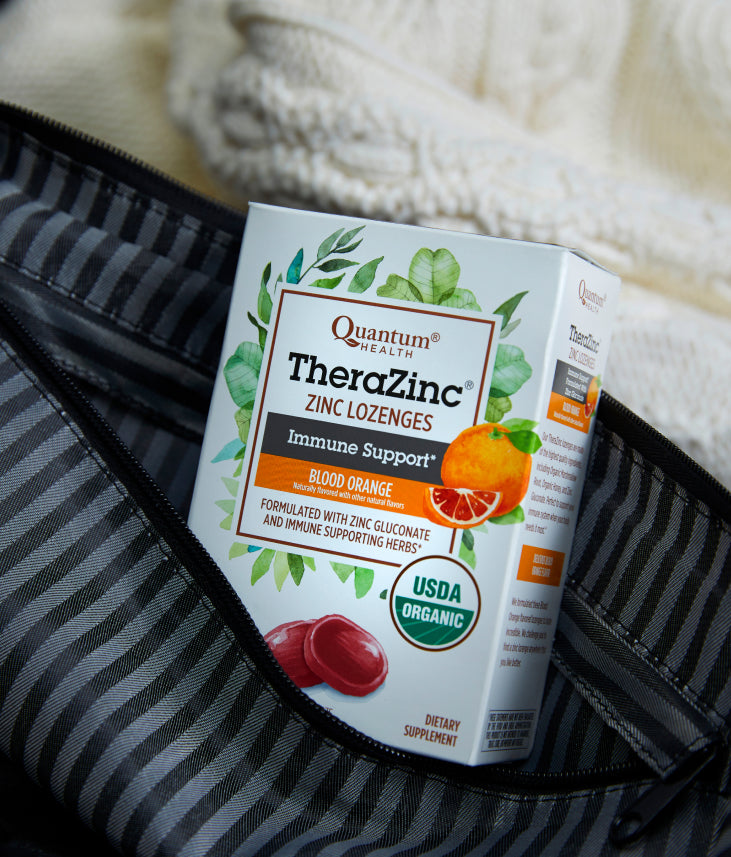How To Treat And Manage Common Skin Problems - Quantum Health
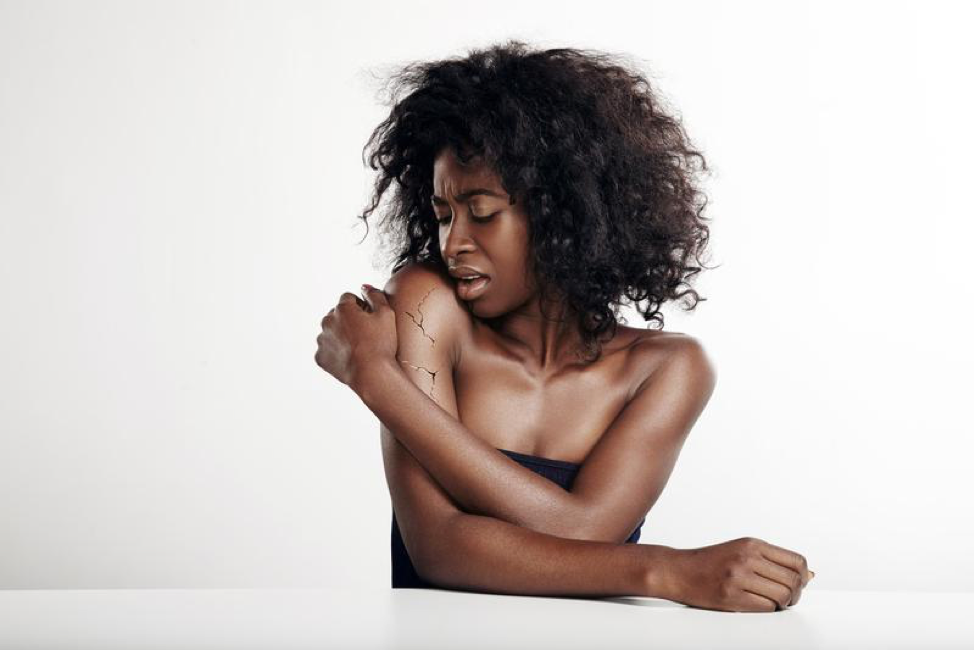
There are many types of skin disorders, and they vary in severity. Some are permanent, temporary, painful, painless, minor, or life-threatening. Common skin problems are either genetic or have situational causes. Generally, chronic skin conditions are lifelong and aren't curable in the same way as other diseases or conditions. However, there are ways to manage them by changing your lifestyle or using medication. Here are the most common skin problems and how to treat them:
Eczema
Eczema is a skin condition that causes it to become irritated or inflamed. The most common form is called atopic dermatitis. Skin inflammation affects 3% of children and adults and up to 20% of infants. Most babies will outgrow the condition while others will face symptoms throughout their life. With the right treatment, Eczema can be controlled. It causes itchiness in every part of the skin that is affected. Usually, a rash appears on the wrists, feet, elbows, hands, back of the knees, and face. The affected areas will look scaly, reddish, appear dry, and then turn brown.
The cause of eczema is unknown. However, it's thought to be found in families with a history of allergies, or the immune system's response to an irritant. Flare-ups or outbreaks can be caused by coming into contact with coarse materials, stress, exposure to household products including detergent and soap, animal dander, colds or infections, and feeling too hot or too cold. There is no cure for eczema, but there are ways one can manage their disease through treatment. Dermatitis is not contagious and cannot spread from person to person. Depending on the severity of your eczema treatments include over-the-counter creams, lifestyle changes, oral and injectable medications, prescription topical ointments, and biologic drugs. To relieve discomfort from your symptoms, adding oatmeal or baking soda to your bath water will do wonders. Avoid using harsh soaps and moisturizers that contain fragrances.
Lip Sores (Cold Sores)
When treating lip sores, it is essential to stop them in the beginning from becoming worse. Cold sores are fluid-filled red blisters that appear around or on the mouth and face. They are usually clumped together and persist for two weeks or more. Known as herpes simplex, they are extremely contagious and spread from person to person through direct contact by either kissing, sharing food, sharing makeup, or oral sex. While there is no cure for a cold or lip sore, they can be treated with medications to prevent them from coming back. After the lesions have healed, the virus stays dormant in the body and can appear any time when the virus reactivates.
Symptoms of a lip sore may be a burning sensation on your lips days before the sore develops. If you are experiencing this type of symptom, you should begin treatment immediately. When the cold sore forms, a red fluid-filled blister appears. Rare symptoms include fever, muscle ache, swollen lymph nodes, or any eye symptoms. Lip sores are treated with antiviral ointments and should be applied at the first signs. They usually need to be used multiple times per day. There are many prescription strength medications that treat cold sores. You can treat lip sores at home using washcloths soaked in cold water and applying ice to the area. Some lip balms or chap sticks that contain lemon extract can help speed up the healing process. To ease discomfort, aloe vera or petroleum jelly applied three times a day will prevent cracking of the skin and protect against outside irritants. Witch hazel has antiviral properties and is a natural astringent that will help heal and dry out a cold sore.
Warts
Warts are skin growths caused by the human papillomavirus. There are over 50 kinds of HPV which cause skin warts. Warts commonly appear on the hands, fingers, and near the fingernails. Plantar warts usually appear as light brown lumps on the soles of the feet. Flat warts are smoother and appear on the face, and legs of children and teenagers. Genital warts are found in the pubic area, genitals, or around the anus. They look like red or pink growths similar to a cauliflower head. Warts caused through direct contact with HPV are contagious. HPV spreads through direct contact or contact with an object used by the infected person.
Warts are harmless in most cases, and multiple ways to remove them makes them more of an inconvenience than anything serious. The most popular form of treatment is cryotherapy which is done at your doctor's office or with over-the-counter freezing products. After the procedure, a blister will form, and the wart will fall off within one to two weeks. Other methods focus on certain medications that get injected into the wart to stimulate your immune system to fight off the virus. Another option is over-the-counter salicylic acid. When applied directly to the wart on a regular basis, it will dissolve the wart within two weeks. When all else fails, minor surgery will destroy the base of the wart and eradicate it.
As you can see, skin conditions may seem frustrating and irreversible, but with the right tools and equipment, you can take back your life. Don't let these common skin problems take control. Follow the helpful suggestions we've listed above, and you'll do great.
Share
Your share can inspire countless others.












